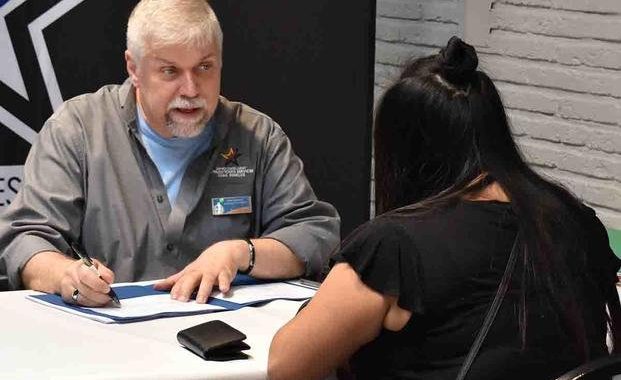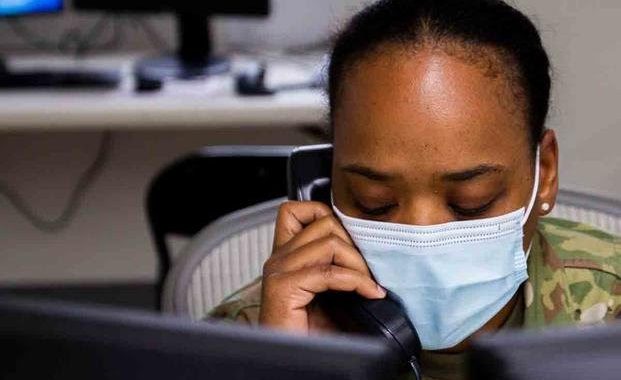Airmen Sharpen the Leading Edge of Domestic Response AI Technology
2 min read
TERRE HAUTE, IN, UNITED STATES
Story by Tech. Sgt. Luke Strum
181st Intelligence Wing Public Affairs
HULMAN FIELD AIR NATIONAL GUARD BASE, Ind. (Nov. 22, 2019) – Program managers from the Johns Hopkins Applied Physics Lab (JHU-APL) and the Joint Artificial Intelligence Center’s (JAIC) Humanitarian Assistance Disaster Relief (HADR) program visited an Indiana Unclassified Processing, Assessment, and Dissemination (UPAD) site located at the 181st Intelligence Wing, Hulman Field Air National Guard base, Terre Haute, Indiana, Nov. 2, 2019. During this visit, they tested new systems in the development of new Artificial Intelligence (AI) technology in the world of domestic response and support.
Air National Guard Intelligence Analysts assigned to the 181st Intelligence Wing, 137th Intelligence Squadron UPAD were hand selected to assist in new developmental programs that are expected to be launched sometime within the next year. This was the first time any of these programs or systems had been tested by a UPAD site and UPAD analysts.
“The AI technology uses commercial satellite static imagery, National Oceanic and Atmospheric Administration (NOAA) imagery, and MQ-9 full motion video (FMV). Utilization of Synthetic Aperture Radar (SAR) imagery is in the works as well. The four lines of effort include: route analysis, damage assessment, flood water detection, and fire perimeter analysis. The AI gives analysts all the information to make these assessments within a couple of minutes compared to the many man hours or weeks it would typically require to make these assessments,” said TSgt Keaton Robertson, a supervisor with the Indiana UPAD.
In November 2018, Indiana UPAD site began working with the JHU-APL and the JAIC HADR program. UPAD analysts have provided guidance and feedback to both teams in Washington DC and Maryland on building an AI component to aid during disaster relief efforts.
“Indiana IAA has been working diligently with the two teams over the past year on developing artificial intelligence capabilities for domestic response,” mentioned TSgt Keaton Robertson. “Indiana UPAD will remain the primary UPAD for user feedback and further improvements to each line of effort.”





